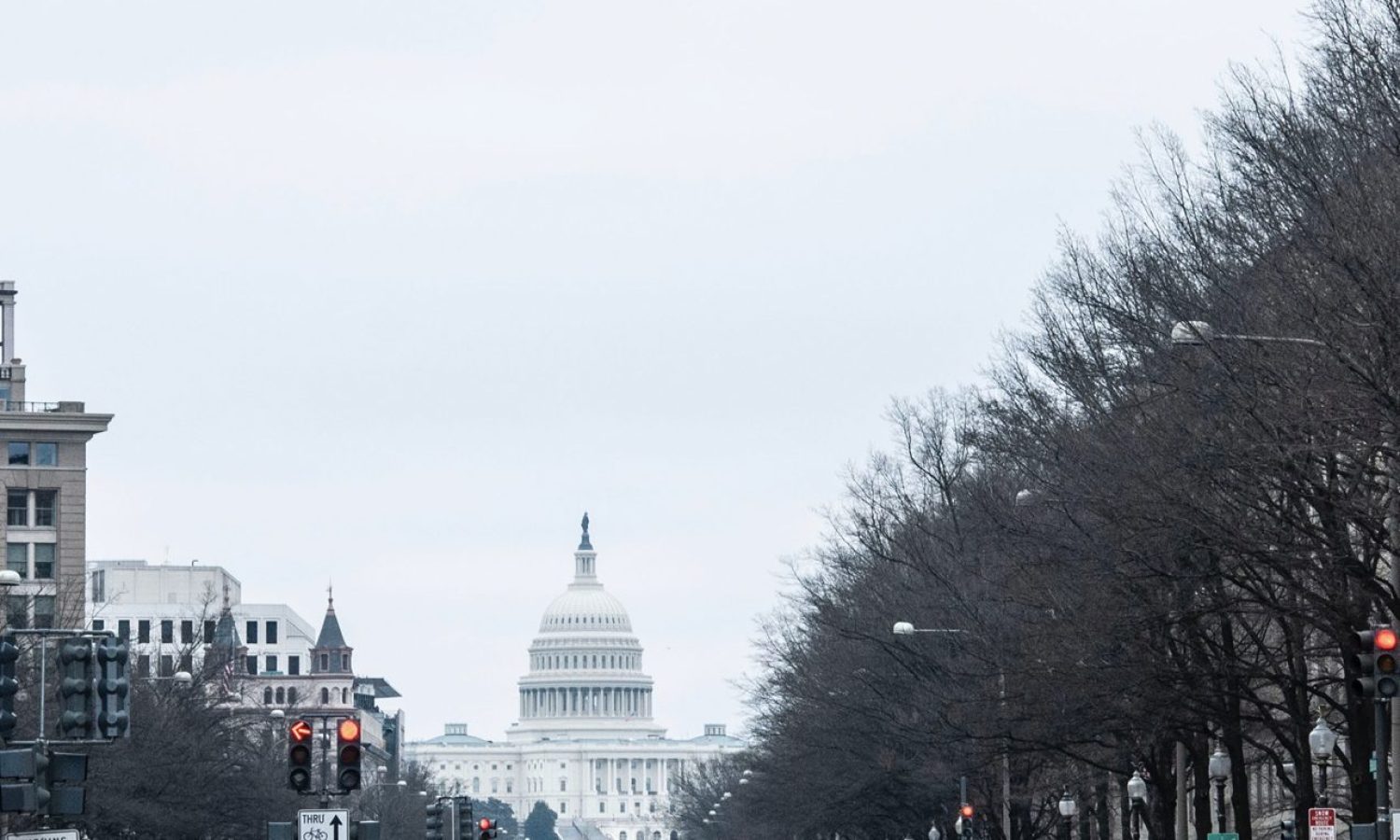i2Coalition Internet Infrastructure Policy Brief: December 2024
Your brief update on important Internet policy issues
OUTLOOK
By day’s end on December 18, the threat of a partial U.S. federal government shutdown at midnight on December 20 intensified. House and Senate lawmakers spent the last weeks of the 118th Congress struggling to complete difficult negotiations on a continuing resolution (CR) to keep federal government agencies funded after the December 20 deadline. House Speaker Mike Johnson (R-LA) led a contentious effort to pass a temporary CR maintaining federal agency funding until mid-March 2025. Johnson’s strategy involved reaching a deal adding numerous additional provisions to the CR (unrelated to federal government general operations) which were desired by various factions in return for ensuring enough bipartisan support for House passage of the measure. Support for Johnson’s deal, a massive 1,500+ pages legislative package, collapsed on December 18 after tech billionaire Elon Musk stoked conservative Republicans’ opposition. Musk relentlessly attacked the CR’s spending provisions in more than 100 social media posts (some of which were declared inaccurate by fact-checking journalists). President-elect Trump then posted a statement in opposition and instead called for passage of a temporary funding bill with no add-ons favoring Democrats’ interests, combined with an increase in the debt ceiling or its elimination. That Trump-supported alternative failed in a House vote on December 19. House Republican leadership scrambled on December 20 to develop another option that could pass and avoid the midnight government shutdown. Prior to the onset of this crisis, House Republican leadership worked throughout December preparing for the new 119th Congress starting in early January, including selections of new members and Chairs of key committees. Ahead of a flurry of Senate confirmation hearings beginning in January, numerous Republican Senators conducted high-profile introductory meetings in December with the nominees selected by President-elect Trump to lead the Cabinet departments and other senior roles. The House and Senate Republicans are planning a packed legislative agenda for the new Congress in 2025 focused on achieving President-elect Trump’s priorities, including measures to extend tax cuts, expand energy, and enhance border security. President-elect Trump has promised to release a multitude of executive orders upon assuming office on January 20 and to undo Biden Administration regulations and policies he opposes. A broader effort to consider ways that the Trump Administration could reform federal government structures to reduce the government’s size and costs is expected to ramp up in 2025 with the advice and participation of the highly publicized, non-governmental Department of Government Efficiency (DOGE) led by the billionaire businessman Elon Musk and politician and entrepreneur Vivek Ramaswamy.
TECH POLICY PRIORITIES
Section 230/Intermediary Liability/Content Moderation. Debates about Section 230 are expected to continue in 2025. Senator Lindsey Graham (R-SC) remarked at a recent Senate Judiciary Committee hearing that in the next Congress, he wants to revisit a legislative proposal to sunset Section 230. Incoming Senate Commerce Committee Chair Ted Cruz (R-TX) succeeded in attaching the TAKE IT DOWN Act to the massive continuing resolution (CR) package at the end of the 118th Congress. The bill would criminalize the publication of nonconsensual intimate imagery (NCII) or the threat to publish NCII in interstate commerce and require covered platforms to remove NCII within 48 hours pursuant to a valid request from a victim. Given the collapse of Congressional support for the initial, massive CR measure which included this bill, Senator Cruz can be expected in 2025 to advance the TAKE IT DOWN Act in the next Congress as the new Senate Commerce Committee Chairman.
Federal Privacy. Supporters of the long-pending legislation addressing children’s privacy and online safety–the Kids Online Safety Act (KOSA) and the Children and Teens’ Online Privacy Protection Act (COPPA 2.0)–were unable to win House passage of the bills despite their approval in the Senate earlier this year by a strong vote. KOSA continued to face opposition in the House due to concerns about free speech. Speaker Mike Johnson (R-LA) said he believes that productive debate and action can proceed on children’s privacy and online safety legislation early in the next Congress. Any resumption of a Congressional debate on federal comprehensive privacy legislation will be led by new Republican committee chairs in the House and Senate – incoming House Energy and Commerce Chairman Brett Guthrie (R-KY) and Senate Commerce Chair Ted Cruz (R-TX). In the 118th Congress, Senator Cruz expressed concerns about the American Privacy Rights Act, citing its potential to enable FTC and litigation abuses. Cruz has called for Congress to consider a uniform data privacy standard that balances both privacy and innovation rather than legislation that would benefit large businesses and trial lawyers at the expense of entrepreneurs.
Copyright/IP. The House AI Taskforce released its bipartisan report on AI policy and legislation recommendations on December 17 covering a range of areas, including AI’s impact on intellectual property rights. The U.S. Patent and Trademark Office announced it will convene a January 23 symposium on online piracy.
Antitrust/Competition. President-elect Trump nominated new leaders on antitrust and competition policy for his incoming administration. FTC Commissioner Andrew Ferguson has been selected as the new FTC Chair. Trump nominated Gail Slater to lead the DOJ Antitrust Division. News reports revealed that the FTC launched an antitrust investigation of Microsoft’s cloud and software licensing businesses, AI, and cybersecurity offerings.
Broadband. The Biden Administration’s NTIA Administrator Alan Davidson announced he will step down on January 20. The incoming Trump Administration’s Commerce Department will take charge of key broadband subsidy programs, including the $42.5 billion Broadband Equity Access and Deployment (BEAD) program. In addition to naming a new NTIA Administrator at the Commerce Department, President Trump will have the opportunity to nominate a new FCC Commissioner after the current Chair and Commissioner Jessica Rosenworcel leaves her post on January 20.
Find Out More…
For more in-depth updates on Internet policy, including issues that specifically impact your organization, please contact us about joining the i2Coalition.

